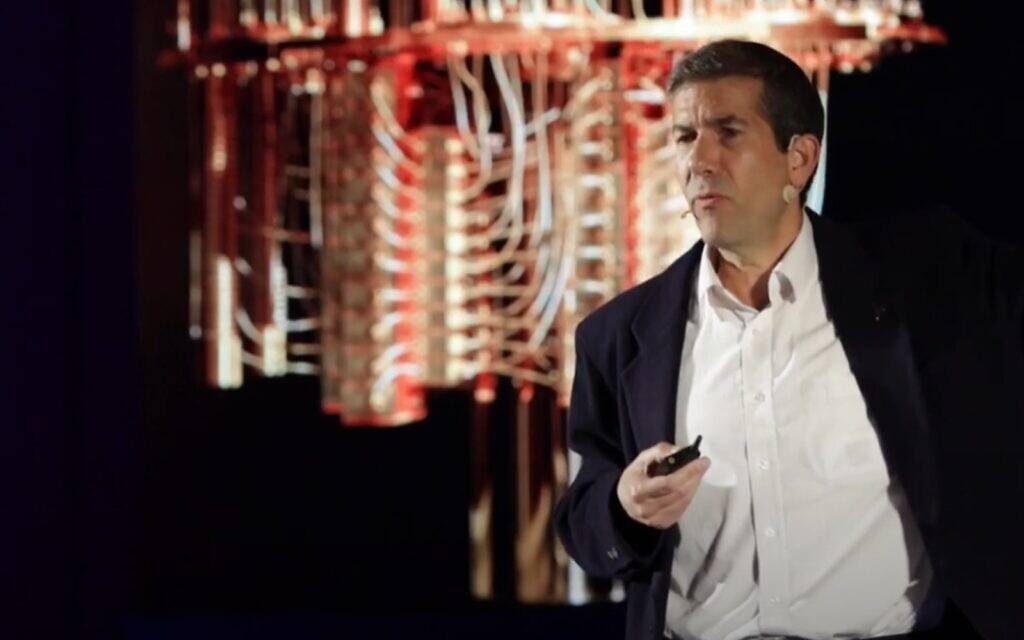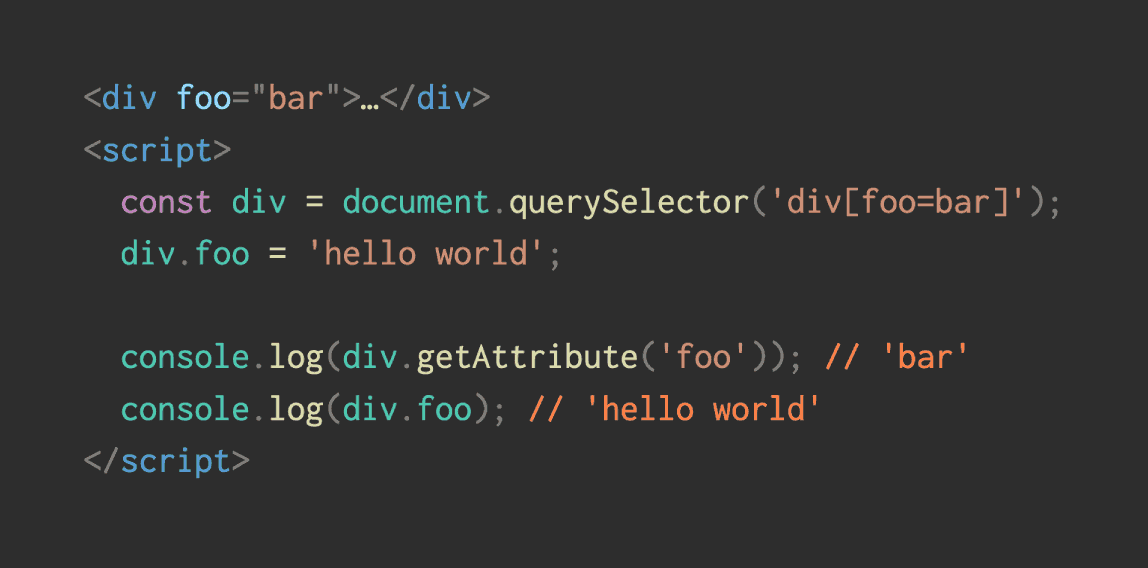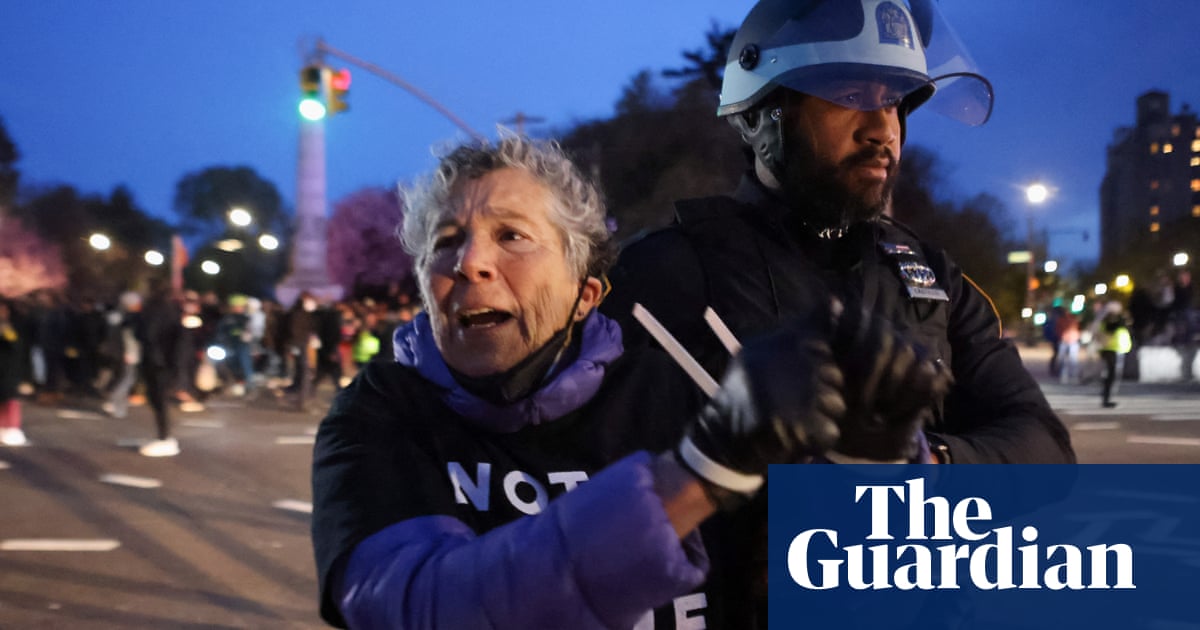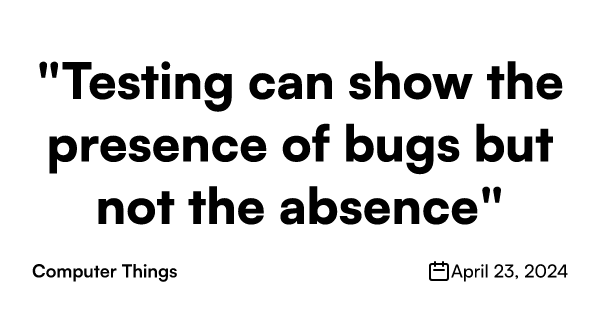
Encryption Originalism
Earlier this year, testifying before the Senate Judiciary Committee, FBI Director Chris Wray described the most pressing security threats facing his agency. Unsurprisingly, his opening statement led off with a mention of the Jan. 6 insurrection at the Capitol and the broader problem of rising domestic extremism. Yet Wray then devoted more than twice as many words—nearly a quarter of his prepared remarks—to the problem of strong encryption. (The new preferred label is apparently “user-only-access” encryption, a modest improvement over the tendentious “warrant-proof encryption.”) Wray would later attempt to link the two issues, insinuating that the failure to adequately prepare for the Capitol riot was attributable to the insurrectionists’ use of encrypted communications platforms.
Some of the Capitol insurrectionists used encrypted messaging apps, as do millions of law-abiding Americans. But the planning for the violence of Jan. 6 was shockingly overt. Much of it occurred in plain view, via countless posts on public forums, which the law enforcement community either failed to notice or failed to take seriously. Nor is encryption just a convenient scapegoat for an intelligence failure—though it is that as well. Wray’s comments merely marked the continuation under the Biden administration of a war on strong encryption that the FBI has been waging for decades, opportunistically seizing on whatever security threat is most recently in the headlines to make the case.


















